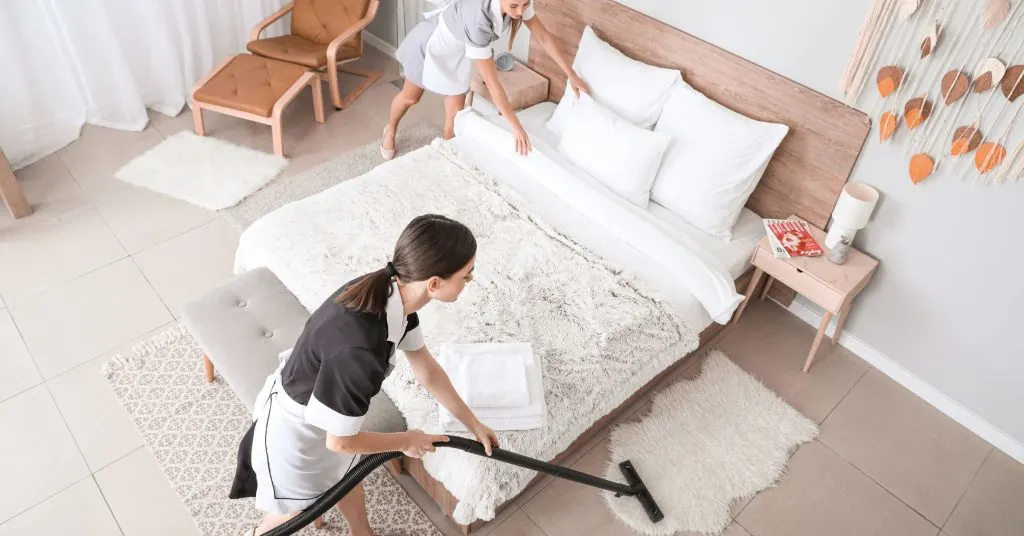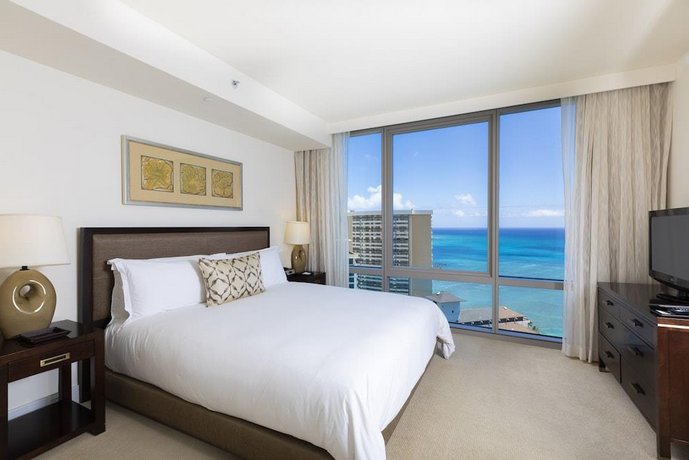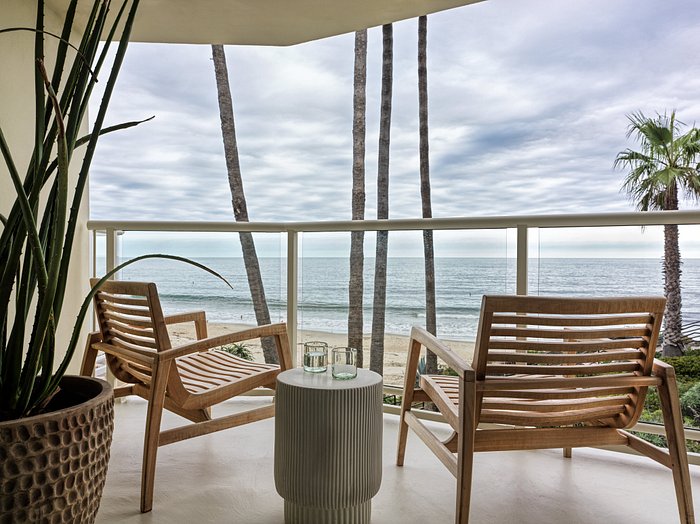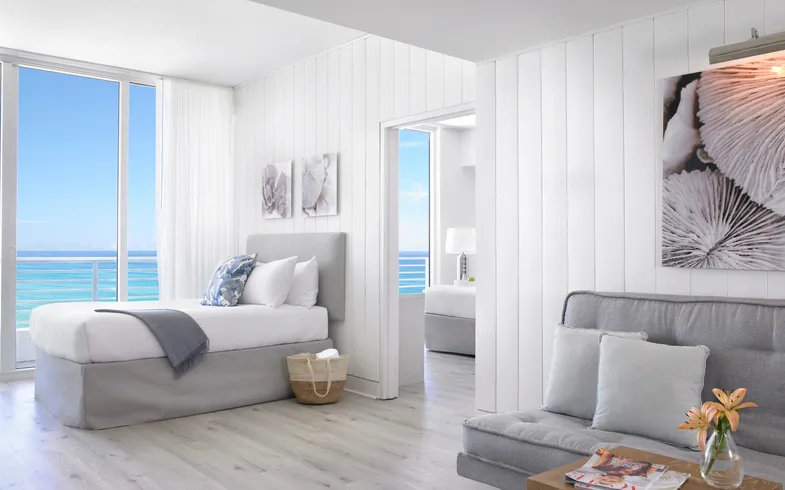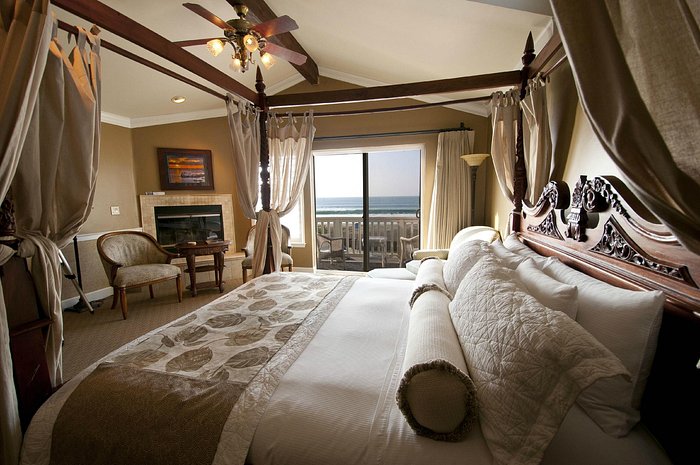For many romantic travelers, Airbnb offers the ideal way to experience a cozy and intimate getaway. However, ensuring a peaceful stay is crucial, and that’s where the Airbnb noise policy template comes into play. This guide will help you understand how to craft an effective noise policy that caters to the needs of romantic travelers and ensures a tranquil environment for every guest.

Understanding the Importance of a Noise Policy
In the realm of short-term rentals, noise can be a significant concern. A well-defined noise policy not only protects the comfort of your guests but also maintains good relations with neighbors. Implementing a noise policy ensures that everyone has a pleasant experience, free from disturbances.
Why Romantic Travelers Value Quiet Spaces
For couples seeking a romantic escape, tranquility is a top priority. A quiet environment allows guests to fully immerse themselves in the serenity of their surroundings. By implementing a comprehensive noise policy, hosts can enhance the romantic appeal of their property.
Components of an Effective Noise Policy
Creating an effective noise policy involves several key components. These components should be clearly communicated to guests to ensure compliance and understanding.
Setting Noise Limits
Establish clear noise limits for your property. Specify quiet hours, typically between 10 PM and 8 AM, to ensure nighttime tranquility. Clearly communicate these limits in your policy and provide reminders in your rental agreement.
Guest Communication
Open and clear communication with guests is essential. Inform them about your noise policy upon booking and reinforce it during check-in. Consider using automated messaging tools, which you can learn more about here.
Neighbor Relations
Maintaining good relations with neighbors is crucial for any Airbnb host. Ensure your neighbors are aware of your noise policy and provide them with a contact number in case of disturbances. This proactive approach can help prevent conflicts.
Tips for Enforcing Your Noise Policy
Enforcing your noise policy is as important as having one. Here are some practical tips to ensure compliance:
Use Noise Monitoring Devices
Consider installing noise monitoring devices that alert you to excessive noise levels. These devices can help you take immediate action if noise levels exceed the limits set in your policy.
Outline Consequences
Clearly outline the consequences for violating the noise policy. This could include fines, eviction, or negative reviews. Ensure guests are aware of these consequences before their stay begins.
Creating a Template for Your Noise Policy
Developing a noise policy template can streamline the process for Airbnb hosts. Below is a basic outline to get you started:
Noise Policy Template Example
- Introduction: Welcome guests to your property and emphasize the importance of maintaining a peaceful environment.
- Noise Limits: Specify quiet hours and acceptable noise levels.
- Guest Responsibilities: Outline guests’ responsibilities in adhering to the noise policy.
- Consequences: Clearly state the consequences for violating the policy.

FAQs About Airbnb Noise Policies
Why is a noise policy important for Airbnb hosts?
A noise policy is essential for maintaining a peaceful environment for guests and ensuring good relations with neighbors.
How can I communicate my noise policy to guests?
Communicate your noise policy through booking confirmations, check-in instructions, and reminders during the stay.
What tools can help enforce a noise policy?
Noise monitoring devices and automated messaging tools are effective ways to enforce a noise policy. Learn more about these tools here.
For more insights on how to maintain a tranquil Airbnb environment, visit this guide. Additionally, if you’re interested in making your Airbnb more appealing to families, check out these tips.
This article contains affiliate links. We may earn a commission at no extra cost to you.


